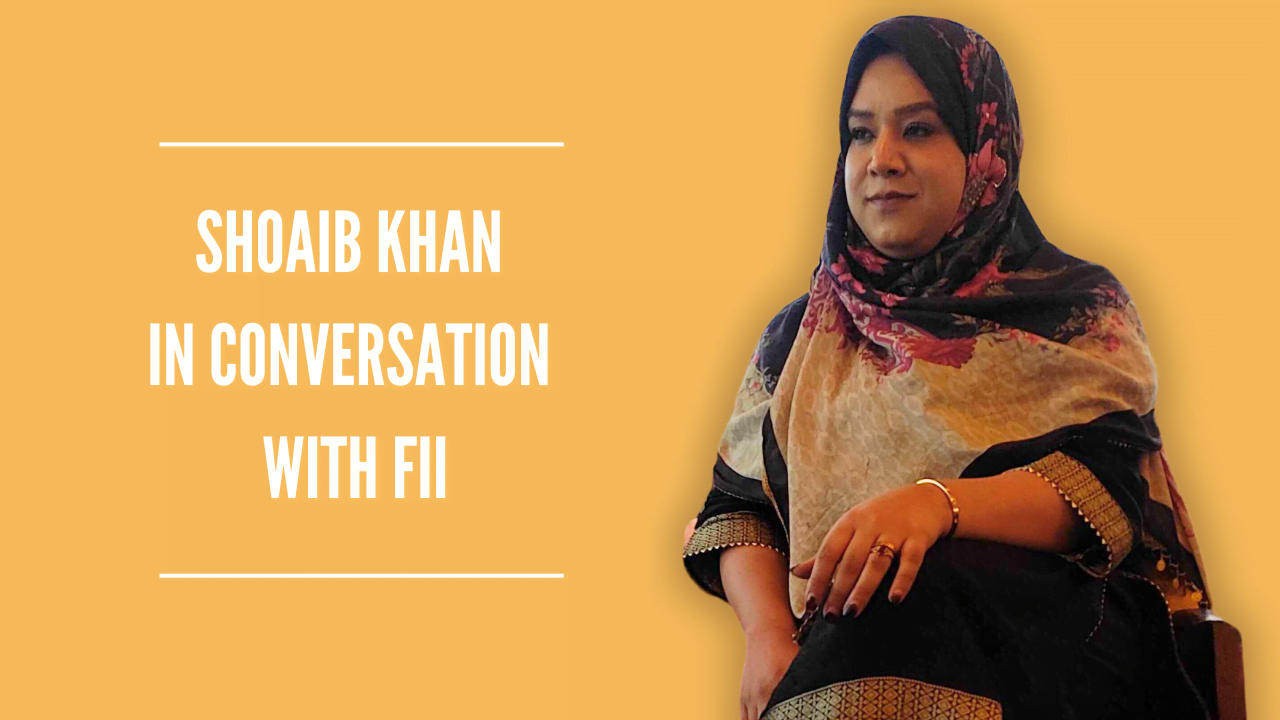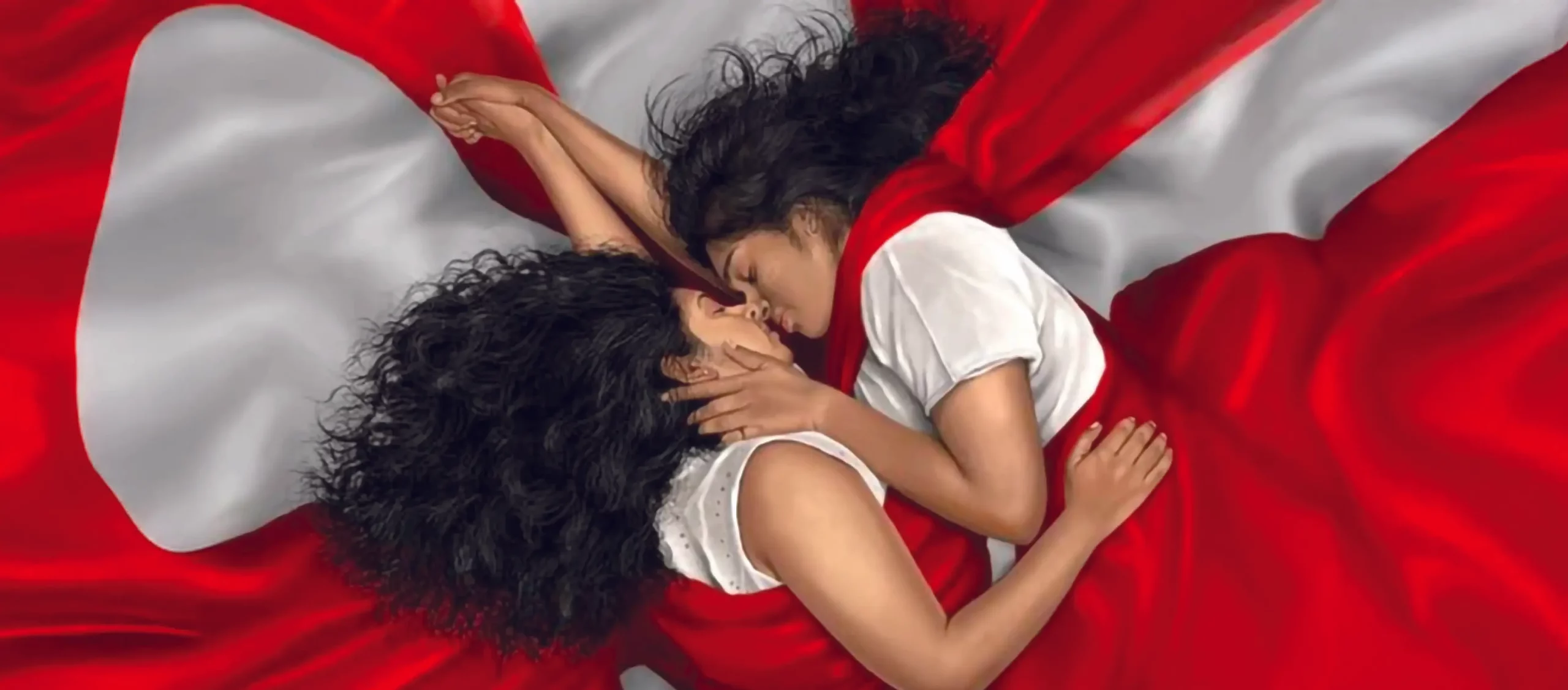Trigger warning: Mention of sexual abuse and harassment
From a community of roughly 4000 persons, only Mohd Shoaib Khan, who was born in the heart of Srinagar, works in the corporate sector. Shoaib states she has lived her entire life in a cage, and it is only through acceptance that she may finally walk with dignity.
The closely knitted Kashmiri community is not an exception to the transphobia and homophobia that is rampant in other regions In India. Oftentimes the community is subjected to harsh treatment in the form of verbal and physical abuse. This gender minority is dehumanised and subjected to stereotypes, where their social and economic position in society is restricted to being entertainers at weddings, engaging in prostitution and matchmaking.
After going through the gender-affirming procedure, she states she feels complete, even though she had always envisioned herself like that since childhood. She is now working for a big corporation and feels that her advancement to this position has been made possible by her struggle, hardship, and education. She is presently engaged in several projects with NGOs supporting LGBTQI individuals in Kashmir.
Shoaib herself was persecuted but maintains that she is tired of hearing the same stereotypical and victimising narratives about trans persons. Even though going through abuse, she believes she is a survivor and will fight for the rights of the community and hopes her story will bring a positive change.
In a conversation with FII, Shoaib Khan talks about her journey and the crises minority genders face in big corporations and Kashmir.
FII: What was your childhood like? Where did you grow up?
Shoaib: I grew up in Kashmir. I want to go back to my childhood and relive it because I don’t find any good memory of my childhood. I was deprived of the love, friendships and appreciation that generally come from one’s family.
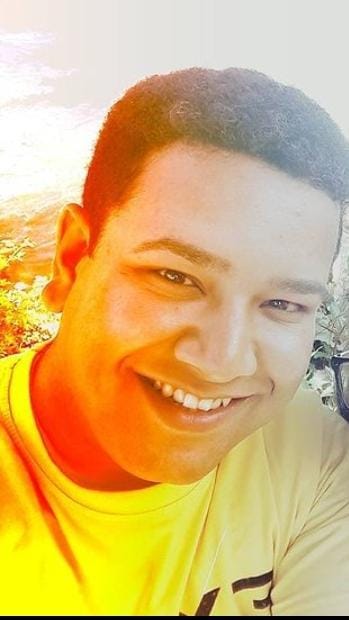
Now whenever I feel that there is no one in my life, I focus on one thing only, which I guess, is in every religion that God says, ‘I love you 70 times more than your mother.’
When I pray and I submit myself to God, I have this thought that even if nobody loves me, nobody likes me, I have Allah who’s there to love me. So I feel protected. So, I want everyone to understand that never lose hope.
FII. What are your current goals? And one fascinating topic I’d like to bring up is your name; you took a brave decision to maintain it the way it is. Why?
Shoaib: When a trans woman confined in a room watches Kareena Kapoor or Alia Bhatt she believes that she cannot be Kareena Kapoor or Alia Bhat, because she won’t identify with them. So I want to be an eye-opener for everyone. If a trans woman is listening to me she should think, ‘If we study we can also be like her‘ and live a life with dignity.
We demand acceptance from society, but we never focus on the parenting of transgender people or the LGBTQI community. So, how we can demand acceptance from society when we are not accepted by our own family? And also how we can demand acceptance from society when we cannot accept ourselves.
Shoaib Khan
My community needs to focus on their inner selves rather than getting demoralised day by day because I know facing humiliation from loved ones is a big challenge. We demand acceptance from society, but we never focus on the parenting of transgender people or the LGBTQI community. So, how we can demand acceptance from society when we are not accepted by our own family? And also how we can demand acceptance from society when we cannot accept ourselves.
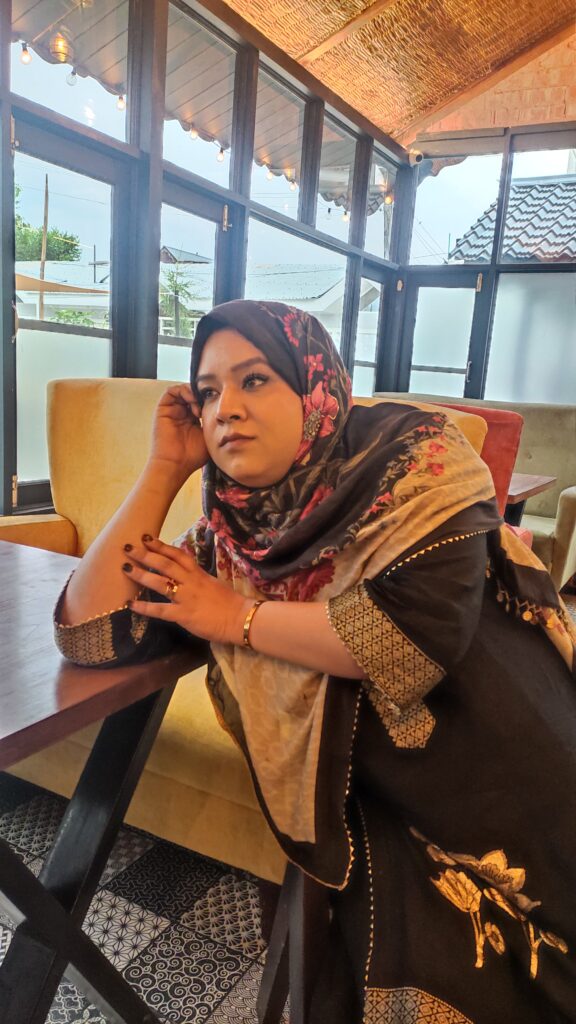
As far as my name is concerned, when you look at me, you look at my whole personality, and then you hear my name, it is a mismatch for those people who discriminate and ostracise my community. So in my professional life, I conduct many interviews or many meetings wherein I introduce myself as Mohd Shoaib Khan. This is what I achieved. And I don’t want my journey to be covered with any sophisticated feminine name. I Am Shoaib And My Name Is My Journey.
FII: When did you grow to embrace yourself and how did you reach that decision?
Shoaib: Acceptance from others will come automatically when you accept yourself and that is what I have learned from 33 years of my life. I was in a state of seeking validation all the time. I used to go to school and when I used to excel at something I used to ask for my mother’s validation. I never got that support and validation.
Many media platforms have asked me, ‘When did you feel that you were a woman?’ I respond to them by saying,‘ Will you ask a woman when did she start feeling like a woman?‘
Shoaib Khan
Many media platforms have asked me, ‘When did you feel that you were a woman?’ I respond to them by saying,‘ Will you ask a woman when did she start feeling like a woman?‘ I would like to tell you that I was like this from my childhood. I was very inclined towards the female gender.
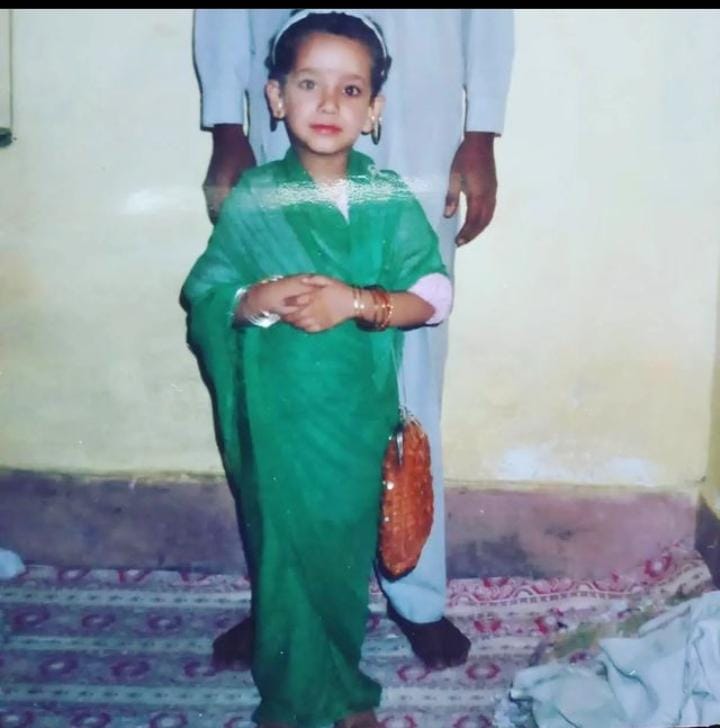
And I will show you certain pictures from my childhood, where I wore saris and lipstick and played with dolls. Those memories show the inclined behaviour of a child towards a particular gender. People say the child doesn’t have the definition of gender, yes, he or she is not aware that, this is boy’s stuff I should not do and this is girl’s stuff, I should not do.
FII: When did you start taking a stand on gender marginalisation and discrimination that trans and LGBTQI persons often go through in the conservative society of Kashmir?
Shoaib: I always knew about myself. In my 7th standard, when the rest of the guys were infatuated towards girls, I was not. I was not attracted towards girls. I liked my neighbour, he was 10 years older than me. I was quite young and I used to keep a diary. So I had feelings for this guy and I was enjoying the womanhood. I wrote about him in the same diary. My mother found that diary and she called my relatives and said that Shoaib needs counselling right now.
I was afraid of being disowned by my family and thrown out of the house. So I began doing masculine things. I started to shave my head and kept a beard as well. It was very hard for me to conceal the female soul inside me.
Shoaib Khan
And that time all my relatives created a fearful environment for me wherein, I was afraid of being disowned by my family and thrown out of the house. So I began doing masculine things. I started to shave my head and kept a beard as well. It was very hard for me to conceal the female soul inside me.
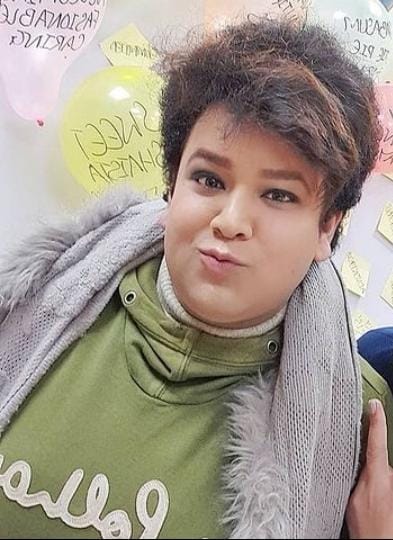
Even while doing these so-called masculine things, I was harassed every day, people used to shout “array yeh tou hijra hai, chakka hai,”[Chakka, a derogatory term used to address trans persons] and “ye chu laanch,” [Laanch, a derogatory term used to address trans persons in Kashmiri.]Even to get an education I had to camouflage myself as a male. Education was important for me so I had to do it.
When I was in seventh standard, I was bullied by my senior. I went to my mother and my mother didn’t provide me with any support or love. And at that time I grabbed a calendar and started counting as to how many days are left from 7th to 12th standard that I had to go to school every day to face that humiliation.
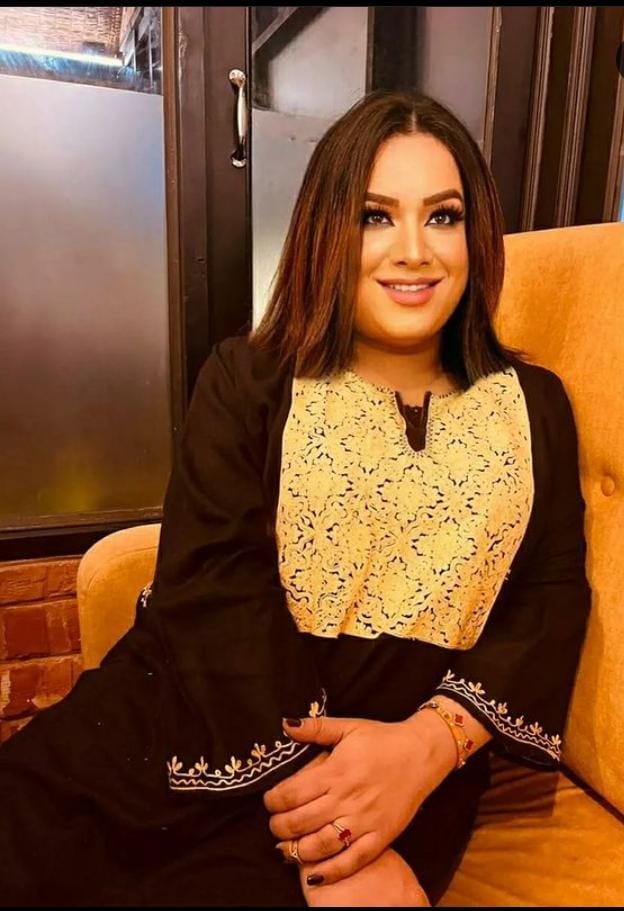
I’m quoting this example so that people understand by this example that how hard it would be for that seventh-standard child to count days and the mental trauma that child was going through at that time when that child was unable to share any damn thing with their parents and bear it every day.
When I was in seventh standard, I was bullied by my senior. I went to my mother and my mother didn’t provide me with any support or love. And at that time I grabbed a calendar and started counting as to how many days are left from 7th to 12th standard that I had to go to school every day to face that humiliation.
Shoaib Khan
However, at a certain point, I accepted that this is my life. I have to bear it. Earlier when people called me hijra, I used to feel offended. However, if today somebody called me a hijra I would appreciate it because that is my identity. I am a transgender and in Hindi, you call a transgender a Hijra.
FII: When did you join the corporate sector? How inclusive was it for gender minorities and where are major corporations falling short when it comes to the LGBTQI community?
Shoaib: I pretended to live a life of a male because that was expected from my family and society. But after completing my MBA, I started looking for a job. I had to be financially independent.
One day while flying from Delhi to Srinagar I saw a male flight attended and I quickly decided that this is what I wanted to do. I attended multiple interviews. Then luckily I was hired by a big airline. So, I started my career and I started living the way I wanted to.
So, I am currently working in a big corporate wherein I am accepted, and the workplace is very inclusive. But my previous experience was not as good as my current experience. I was subjected to sexual abuse at the workplace while working in an airline.
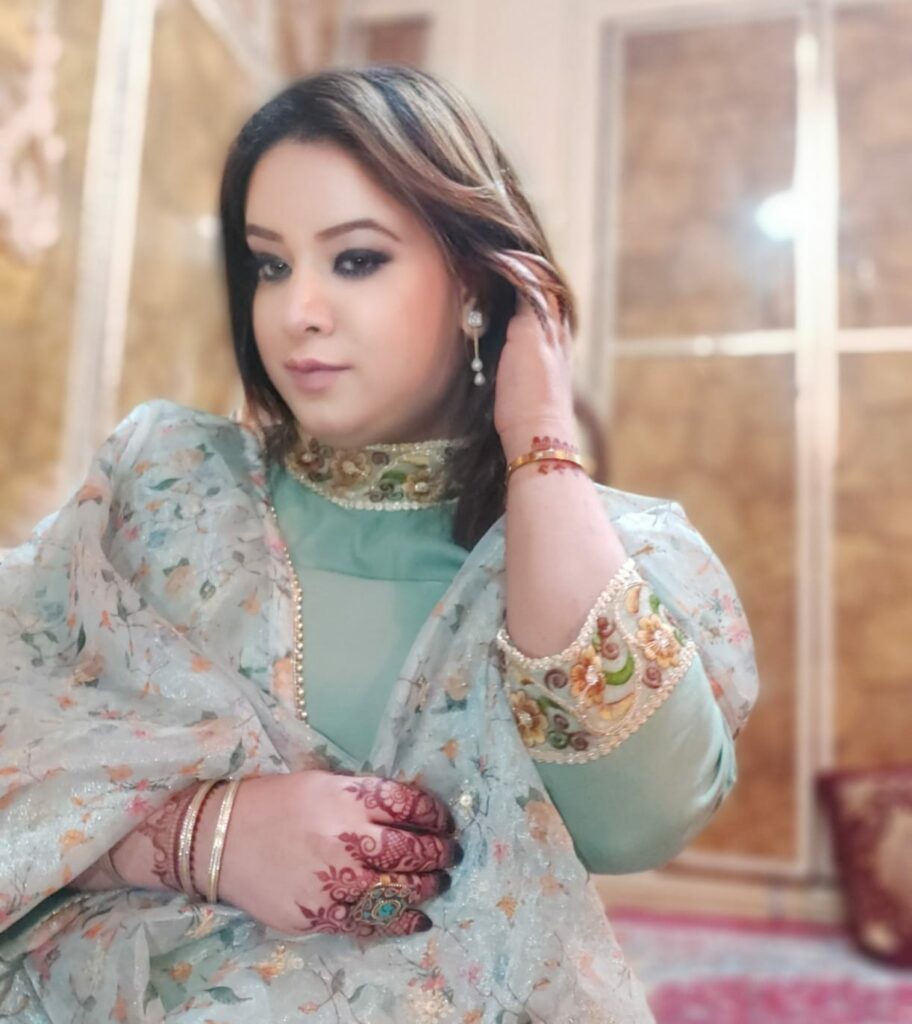
In an organisation where a trans woman or anyone from a gender minority is working, the first thing, a manager should be aware of is the sensitisation which is required to address a trans woman or LGBTQI.
Shoaib Khan
A top official of that airline harassed me. Though I raised the issue with the company and a decision was made at that time. But I would say that many people in woke corporates or organizations think it is okay to harass a transgender and it is easy for them to access us.
So in an organisation where a trans woman or anyone from a gender minority is working, the first thing, a manager should be aware of is the sensitisation which is required to address a trans woman or LGBTQI. I am a survivor of these harassments in organisations, and Alhamdulillah, all praises to Allah, I did my best bit of what I was supposed to do. And definitely, change needs to come.
FII: So you were working in an airline in Delhi. You were financially independent and living a satisfactory life. Why did you decide to come back to Kashmir?
Shoaib: I was subjected to humiliation for 25 years of my life. And there was no one including my family who supported me. When people used to humiliate me, my parents didn’t pay heed or at least support me. Now if people are talking about me or humiliating me, my parents should hear those things.
I purposely decided to come to Kashmir so that people who have made my life hell should know that I’m standing tall and I deserve to live a life with dignity.
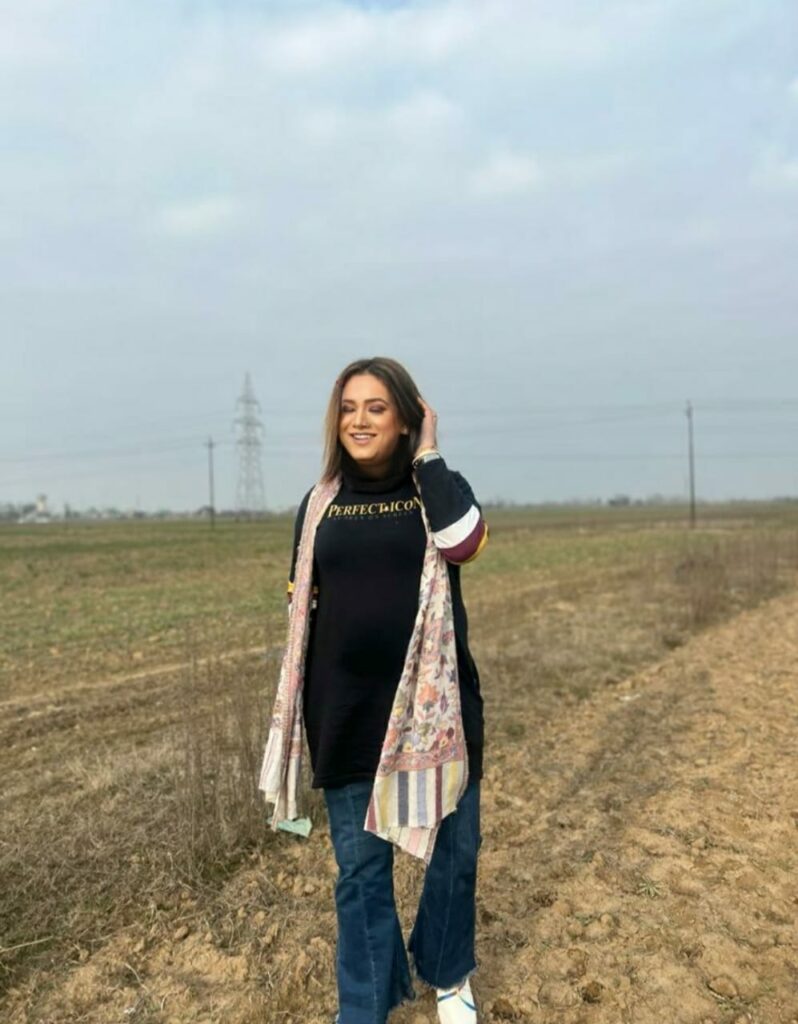
And to the rest of the Kashmiri community, I want to tell them that I was deprived of wearing feminine clothes, I was deprived of doing feminine actions, I was deprived of love, and I was subjected to humiliation. Now I will do what I want, wear what I want and walk in any manner.
At the same time, I want my community to know that with hard work, awareness and education, we can strive for a better life. Living among the Kashmiri community and struggling every day, listening to slurs and still walking with dignity, is the first step to fighting for the rights of the trans community.
FII: How do you respond to people who stereotype the trans community? They view trans persons in stereotypical and poor social and economic positions, particularly in Kashmir, transgenders are seen only as manzimyor or matchmakers.
Shoaib: I will not blame society. It is parents who subject their children to this humiliation. When you are seven or eight years old and your family disowns you, what opportunities do you have? You think about survival first and rest comes later. It is the parents who throw you into such professions as matchmaking or even sex work. And then society adds to it.
FII: What do you want to say to those individuals who believe that gender diversity is a Western concept?
Shoaib: So, they are saying this to the oldest gender [laughs]. Gender is not a concept, it is a factual thing. There are not two genders only. Gender is not only between your legs, there is a gender in your brain and soul also.
FII: What is your opinion about marriage equality?
Shoaib: I have full faith in the judiciary process and there are many representatives from our community as well, fighting, and we owe a lot to them. Also, 377 decriminalisation of homosexuality was itself an achievement for our community.
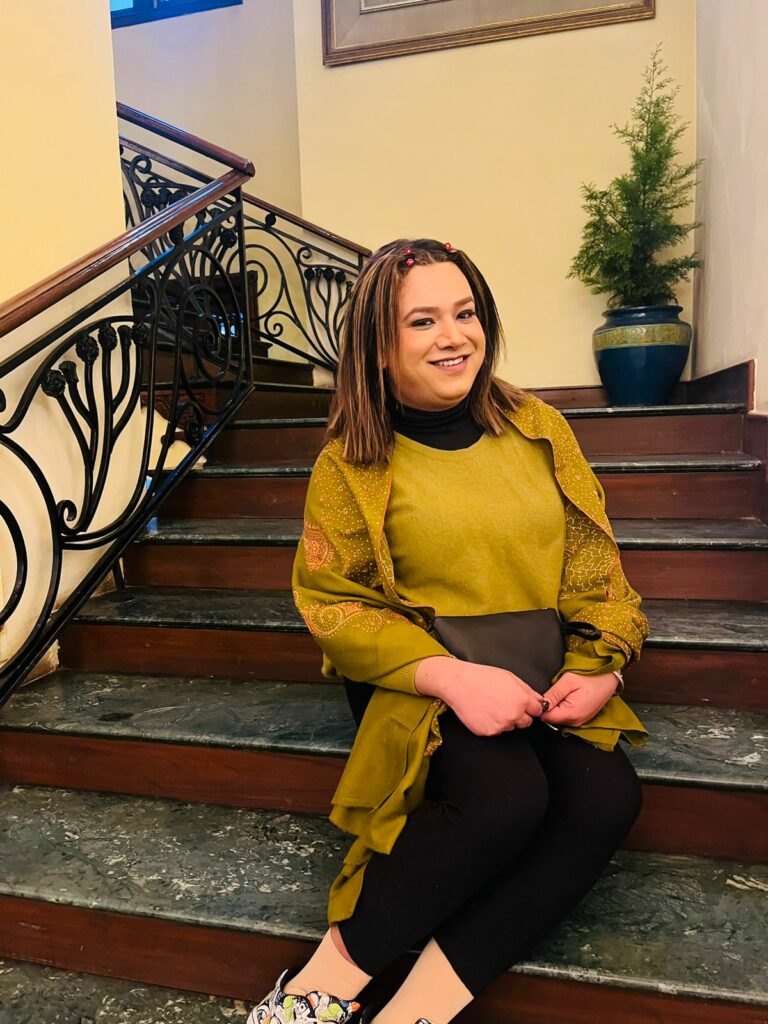
So, I have this belief that definitely, we are towards improvement and we should not lose hope. It’s a long fight, it’s not only the judgment which will be passed, and then we will start living very freely. Every day, we need to fight and it starts with our loved ones, to society.
FII: How do you want to tell your story?
Shoaib: I would say that rather than being called the first transgender person to gain a corporate job, I would love to be the first person to bring change to my transgender community and my society as a whole. I would love to be known as that Shoaib who changed someone’s life.
The interview has been paraphrased and condensed for clarity.
About the author(s)
Shahinda is a multimedia journalist with an experience of more than five years. She has an interest in covering politics, gender, conflict, and gender-based violence/crime. In addition, she has experience in reporting, photography and documentary filmmaking. She has done her Masters in Mass Communication from AJK MCRC Jamia Millia Islamia, New Delhi.
